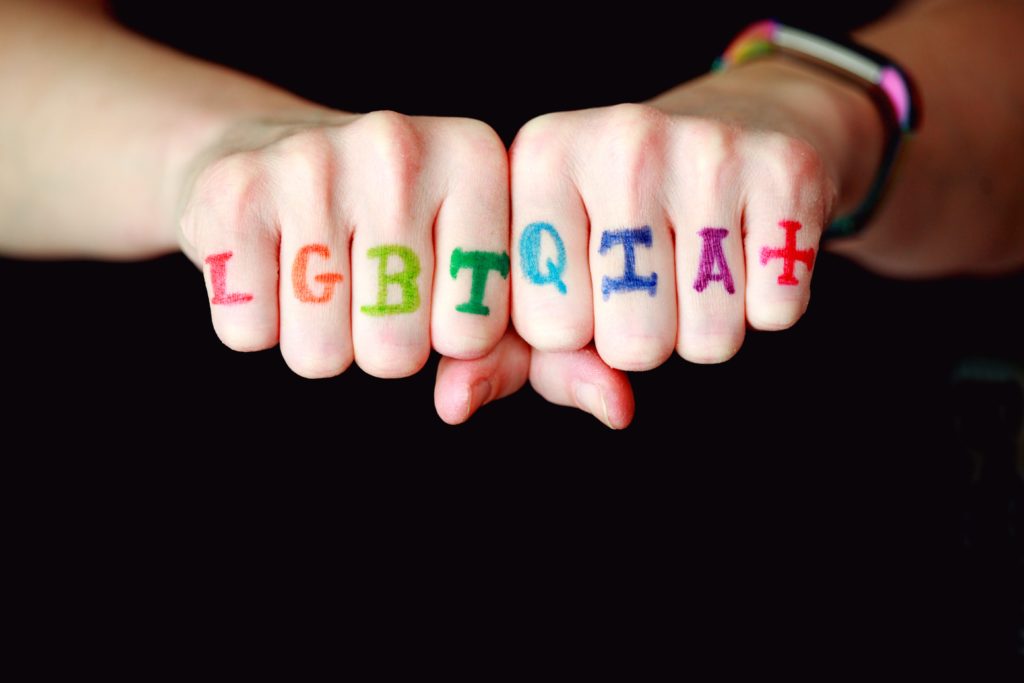A new draft policy suggests a major review of the identity management system to the Department of Home Affairs (DHA) in order to include various categories to better represent those who identify as transgender, intersex or non-binary.
The current Identification Act used by the Department of Home Affairs (DHA) is now more than 20 years old and is not based on a policy that considers key local and global developments in managing official personal information. This in part explains why the current legislation and systems are outdated, fragmented and do not fully align with constitutional principles of equality, non-discrimination and human dignity.
Gender and sexual identity minorities are largely excluded from enrolling in or using the South African identity system because the current laws and policies do not cater for changes in the gender/sex attribute of the identity system. They experience discrimination when attempting to register or update their gender in the ID system. This draft policy thus calls for a modernised DHA identity management system.
“The Identification Act and Births and Deaths Registration Act do not cater for the birth registration of children who are born intersex. Such children are assigned either a male or female sex status at birth. Some social groups are discriminated against in the current identity management system. This is because the identification number that we use is not gender-neutral,” reads the draft policy from December 31, 2020.
“The identity number recognises and accommodates only two categories, namely, male and female. The ID system does not differentiate between the distinct concepts of sex and gender. The World Health Organization defines sex as “the different biological and physiological characteristics of males and females” and gender as “the socially constructed characteristics of women and men.
“Whereas gender is traditionally thought of as a binary attribute (male vs. female), a third gender is now being increasingly considered (intersex). If an individual transitions to a new gender, the ID system should be updated. In fact, the Identification Act refers to gender and not sex.”
Some observations and policy options that apply under the principle include:
– The new legislation and NIS must enable the registration of births for intersex children.
– The new legislation and population register must make a provision that enables the establishment of a category that is neither male nor female. That is, a sex category that caters for biological males with feminine gender identity or expression or biological females with masculine gender identity or expression in the identity system.
– The sex category must cater for transgender persons that will enable updates of sex information in the population register.
– The other option is to issue a random unique identity number that is not linked to or founded on a person’s sex, date of birth, place of birth or any other marker.
The policy is currently open for public comment. South African citizens are encouraged to make written submissions, which can be emailed to [email protected]. Public comment is open until February 28.
View the full draft policy HERE.
Also Read: Tucking Gorgeous: A mother’s fight to make the world better for her transgender daughter
Tucking Gorgeous: A mother’s fight to make the world better for her transgender daughter
Picture: Pexels

